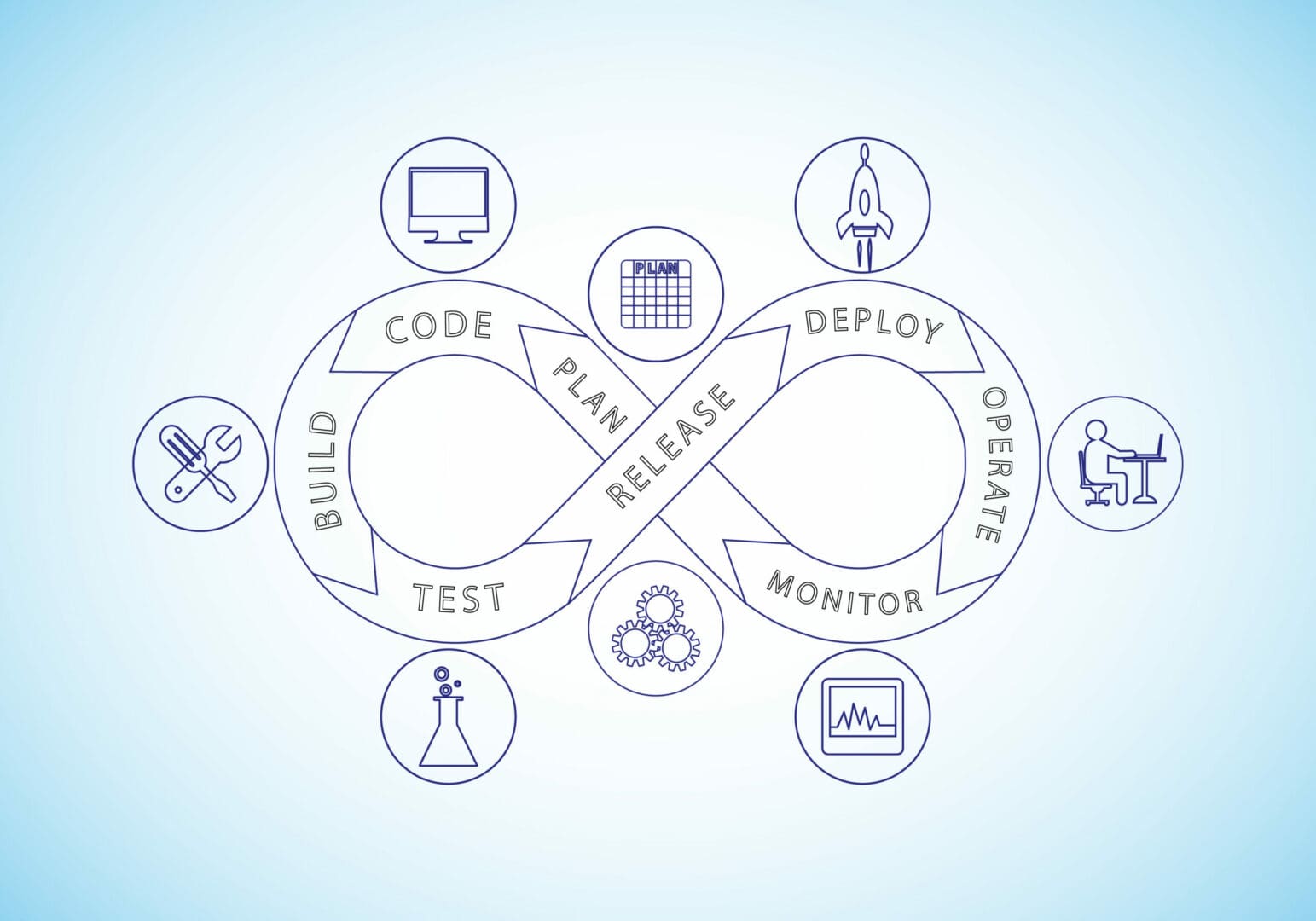Undoubtedly, every developer aspires to work with a system that can significantly streamline their efforts in the product development cycle. Jenkins plays a crucial role in automating numerous manual tasks, from code compilation to testing and deployment. Curious about what Jenkins is, how it works, and its benefits? All the answers are in the following article.
What is Jenkins?
Jenkins is an open-source CI (Continuous Integration) server that serves as a process management system for product development stages. It is supported by various operating systems, including MacOS, Windows, and Linux. Its purpose is to support the sequence of work operations for executing building, testing, and deployments to different platforms.
Jenkins’ role is to enable automation of processes in building, testing, and exporting software. It is designed to provide efficient management of continuous integration in software development projects. Jenkins, initially created by Kohsuke Kawaguchi in 2004 and originally named Hudson, can be installed on any operating system. One of its prominent advantages is that it is written in less code, allowing any developer to contribute their knowledge to the system’s development. Jenkins is commonly used for builds, tests, and delivery.
Interesting facts about Jenkins
Jenkins is one of the most popular systems among IT companies, used by approximately 70% of companies utilizing CI tools. Developed in Java, Jenkins has over 1000 plugins, with this number constantly increasing. Jenkins can be run from containers, enabling dynamic and fast machine provisioning or de-provisioning.
How does Jenkins work?
The idea behind this system is simple – Jenkins is essentially our task manager; we tell it what to run, when to run it, and it does it. This allows us to define an automation process, such as starting tests on a product as soon as it’s ready. Today, companies use Jenkins for both building and testing the product, which is a significant advantage.
Advantages of Jenkins
Jenkins is said to be the ideal option for every software developer and DevOps professional. Without this system, developers creating new code would need to compile and test it themselves. Jenkins saves developers a significant amount of time in the product building process, as the entire process is automated. There is no need to manually perform tests and wait for test results, so this saves a lot of time and ultimately money for the company.
How is Jenkins used in the industry?
Now is the time to talk about the term CI/CD, Continuous Integration and Continuous Delivery/Deployment. CI/CD are acronyms for methods and tools used in software development aiming to automate the development, testing, and deployment of software applications.
When we talk about continuous integration, we mean the process of automatically integrating code changes from multiple developers into a shared repository. This process includes code merging, automated testing, and early detection of integration issues in the development stage. This process ensures that the code remains stable, and no change breaks its functionality.
Jenkins is one of the most widely used open-source CI/CD tools because it supports a wide range of integrations with version control systems, building, and deployment systems. Almost every technology company has a DevOps person responsible for operating Jenkins and providing support to developers in the company.
In conclusion, the undeniable benefits of the Jenkins system, coupled with its versatility in integrating with other systems, contribute significantly to its widespread popularity among IT companies.

Want to be a DevOps Pro? Learn the hottest and most sought-after profession in the tech industry.
The term DevOps combines Development and Operations. The DevOps Pro integrates all areas of responsibility through automated tools, flexible computing infrastructures, and organized workflows. In order to meet the fast and dynamic requirements of the tech world, the DevOps role has gained rapid acceleration in recent years and includes many areas of responsibility such as planning, development, testing, distribution, and product operation.
The DevOps Pro must have a systemic vision, excellent interpersonal skills, and the ability to provide creative solutions in real-time. In the DevOps Pro training program that we developed, taught by professional Tech Leaders, you will learn the principles of the software development world, the key tools used by DevOps professionals today, and how to independently learn additional tools and systems. Therefore, throughout your career, you will have the capability to seamlessly work with any tool you need without the necessity of additional training.
Photo: The Jenkins project (http://jenkins-ci.org/), CC BY-SA 3.0, via Wikimedia Commons



